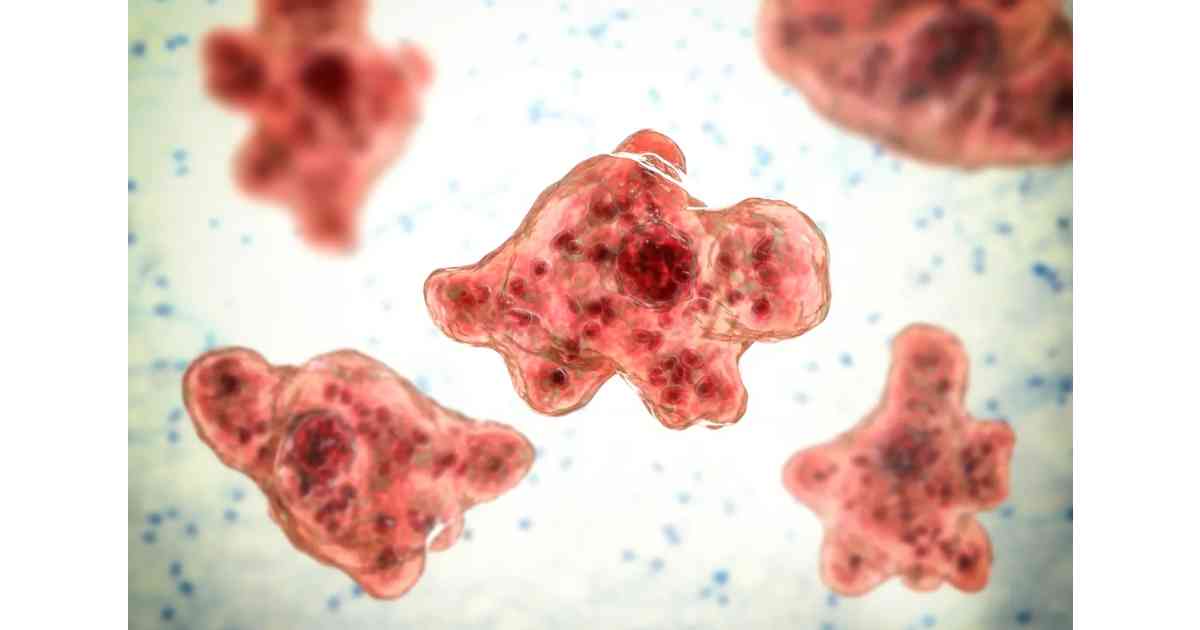A 71-year-old woman in Texas has died after contracting a rare and often fatal brain infection caused by a microscopic organism known as Naegleria fowleri, according to a new report from the U.S. Centers for Disease Control and Prevention (CDC).
The case was detailed in the CDC’s Morbidity and Mortality Weekly Report (MMWR) published on May 29, which confirmed that the woman became infected after using tap water in a nasal irrigation device — commonly used for sinus relief.
Sudden Onset of Symptoms
According to the report, the woman began experiencing fever, headache, and what officials described as “altered mental status” shortly after using the device. Despite receiving medical treatment for a suspected case of primary amebic meningoencephalitis (PAM), her condition quickly deteriorated. She developed seizures and died just eight days after the onset of symptoms.
Post-mortem testing confirmed the presence of Naegleria fowleri in the woman’s cerebrospinal fluid — the protective fluid that surrounds the brain and spinal cord.
What Is Naegleria fowleri?
Naegleria fowleri, often referred to as the “brain-eating amoeba,” is a rare but deadly single-celled organism found in warm freshwater environments such as lakes, rivers, and hot springs. The CDC warns that infection can occur when contaminated water enters the body through the nose, allowing the amoeba to travel to the brain, where it causes PAM.
While the disease is extremely rare — with fewer than 10 U.S. cases reported annually — the fatality rate is estimated to be over 97%.
Health Officials Urge Safe Sinus Care Practices
Medical experts advise the public to avoid using untreated tap water for nasal rinsing. The CDC recommends that only distilled, sterile, or previously boiled and cooled water be used in devices such as neti pots or nasal irrigation kits.
“This tragic case serves as a sobering reminder about the importance of using safe water sources when performing nasal rinses,” the CDC noted in the report.
The CDC continues to monitor rare infections like PAM and advises healthcare providers to consider the possibility of Naegleria fowleri when patients present with sudden neurological symptoms following nasal exposure to water.




